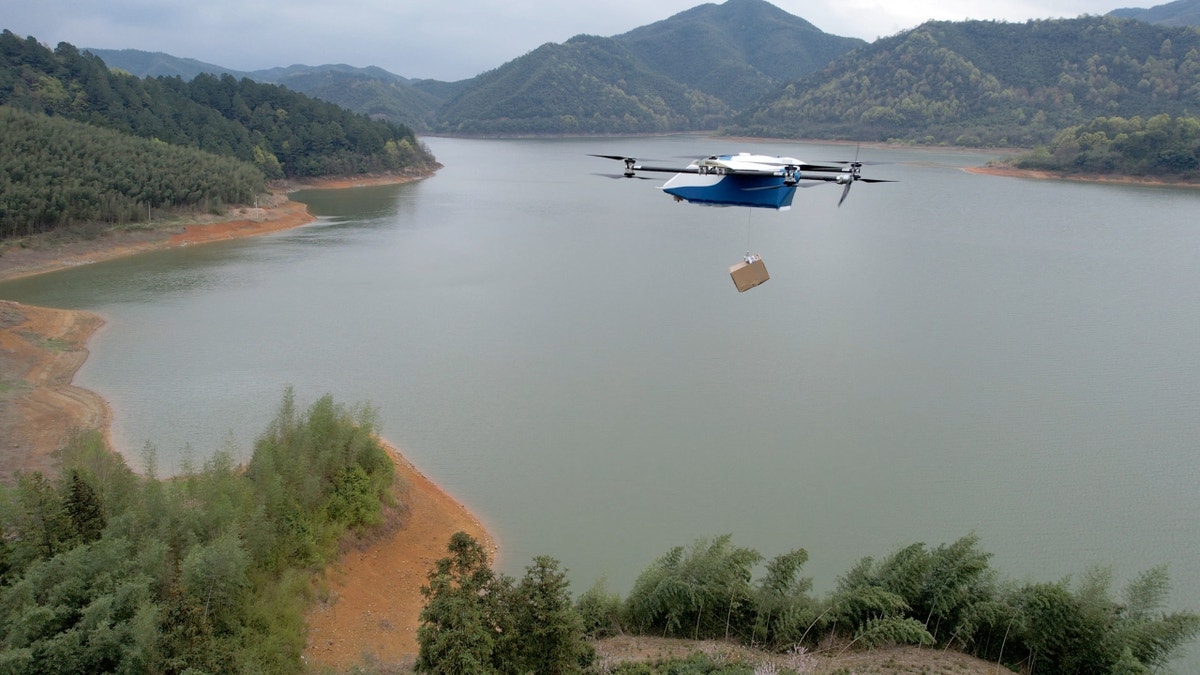Several local law enforcement agencies in Colorado, including the Denver Police Department (DPD), are making plans to start dispatching drones instead of officers to respond to 911 calls.
“This really is the future of law enforcement at some point, whether we like it or not,” Sgt. Jeremiah Gates, who leads the drone unit at the Arapahoe County Sheriff’s Office, told The Denver Post.
At least 20 agencies in Colorado’s Front Range already use drone technology for certain tasks, like searching for missing people, tracking fleeing suspects, mapping crime scenes or overhead surveillance during SWAT operations. Now the sheriff’s office is considering using them to respond to some 911 calls in situations where the drones might be able to provide useful information from the location of an incident before officers are deployed.
Additionally, sending drones to calls that require less urgency could allow for officers to prioritize more pressing calls.

Several local law enforcement agencies in Colorado, including the Denver Police Department (DPD), are making plans to start sending drones instead of officers to respond to 911 calls. (Kurt “CyberGuy” Knutsson)
BEVERLY HILLS POLICE DRONE CATCHES BURGLARY SUSPECT FALL OFF LADDER INTO POOL
“I could fly the drone over (a reported suspicious vehicle) and say, ‘Hey, that vehicle is not out of place,’ and I never had to send an officer over to bother them and I can clear it with that,” Gates told The Denver Post. “It’s saving resources.”
However, a staff attorney for the American Civil Liberties Union of Colorado, said she’s concerned about how the normalization of drone usage by government agencies could impact people’s freedoms.
“We’re worried about what it would mean if drones were really just all over the skies in Colorado,” Laura Moraff told The Denver Post. “We are worried about what that would mean for First Amendment activities, for speech and organizing and protesting — because being surveilled by law enforcement, including by drones, can change the way people speak and protest.”
The DPD, which had previously shelved its only drone in 2018, citing constitutional concerns, is now looking to expand its drone program using a $100,000 grant from the Denver Police Foundation.

An Airspace Systems Interceptor autonomous aerial drone flies during a product demonstration in Castro Valley, California March 6, 2017. (Reuters)
“The long-term scope of what we are trying to do is drones as first responders,” Phil Gonshak, director of the department’s Strategic Initiatives Bureau told The Denver Post. “Basically, having stations on top of each one of our districts so we can respond with drones to critical needs or emergencies that arise throughout the city.”
CLICK HERE TO GET THE FOX NEWS APP
“We would never simply replace calls-for-service response by police officers,” he continued. “The DPD would respond to any call for service where someone is physically requesting a police officer on scene. But if there was a fight at Colfax and Cherokee and we put a drone in the air and there is no fight and nothing causing traffic issues, then we would reroute our police officers to other emergent calls.”
Gonshak said the DPD hopes to create a public-facing dashboard which would allow residents to track Denver police drone flights to ease concerns about potential violations of people’s personal freedoms.
A few police departments outside of Colorado have already begun using drones as first responders, including the city of Chula Vista, California, which has recorded over 4,000 instances in which officers have avoided responding to a 911 call due to drone usage since 2018.
